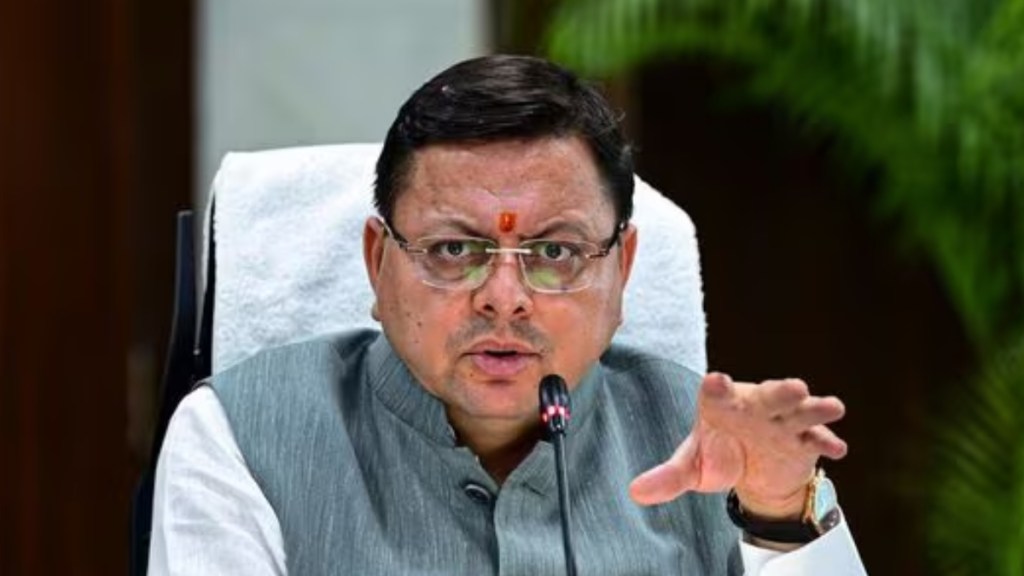After facing serious allegations of a paper leak in its recent recruitment exam, the Uttarakhand Subordinate Services Selection Commission (UKSSSC) is now planning a complete overhaul of its examination system. Officials told The Indian Express that strict new measures, including pat-downs before and after toilet breaks and jammers inside washrooms, will be implemented to stop future leaks.
An exam scheduled for October 5 for the posts of cooperative inspector and assistant development officer has been postponed indefinitely. Commission chairperson Ganesh Singh Martolia said the decision was taken after consulting with candidates. The exam was meant to fill 45 vacancies, with nearly 10,000 applicants. An official order issued on October 1 announced the postponement.
Paper leak sparked chaos
Trouble began after three pages of a question paper from a Haridwar centre allegedly leaked during the September 21 graduate-level exam. Protests broke out as candidates demanded action, leading Chief Minister Pushkar Singh Dhami to order a CBI probe.
Two people, a candidate and his sister, were arrested. The candidate had allegedly smuggled an iPhone into the exam hall, clicked pictures of the paper, sent them to his sister and received the answers back.
For the now-postponed October 5 test, 16 schools from Haldwani and Dehradun were initially chosen. But the commission now plans to use only government-run institutions to limit interference from outside elements.
“We will prefer government schools and colleges and will audit their premises to assess how fortified and secure they are. If government schools fall short, we will look for aided institutions. Private schools will be our last resort,” IE said quoting Martolia.
Biometric and security checks at centres
Under the new plan, biometric systems will be installed at exam centres to verify the identity of candidates, invigilators, and observers. “This will hinder the unnecessary movement of other staff without permission. The candidates will be frisked before they enter classrooms,” Martolia added.
Security checks will begin even before the exam. “Premises and grounds will be combed a day before the exam, and a police officer will be stationed round the clock. On the morning of the test, we will deploy officers to scour the halls,” Martolia said. A mock drill of the equipment will also be conducted a day prior to ensure smooth functioning.
High-tech jammers and washroom searches
The Commission has sought technical help from the Electronics Corporation of India Ltd (ECIL), a public sector company under the Department of Atomic Energy, to block 5G signals during exams.
“We have sought efficient technology from the ECIL and will consult them again for the next round of discussion,” Martolia said.
He added that jammers would even be installed in washrooms, and candidates would be checked before and after using them.
The main accused in the previous paper leak, Khalid Malik, had reportedly hidden his phone inside the exam centre a day before the test and sent photos from the washroom. This method has prompted the commission to introduce the new layer of security.
Dehradun, known for its many coaching centres, attracts thousands of job aspirants every year. The September 21 exam for posts such as patwari, lekhpal and village development officer had 416 vacancies. In Dehradun alone, over 40,000 candidates appeared across 121 centres, showing the high demand for government jobs and the huge responsibility the commission now faces to restore public trust.
